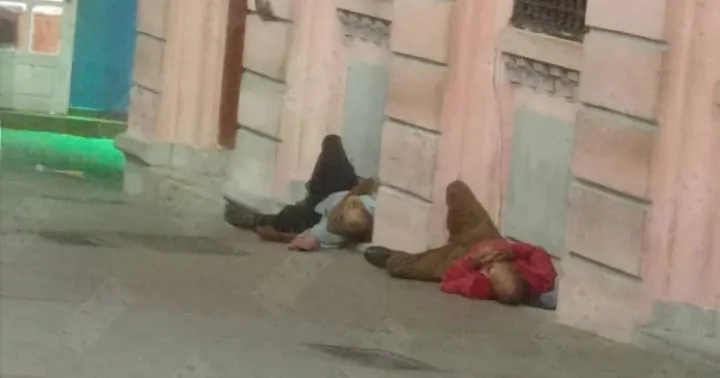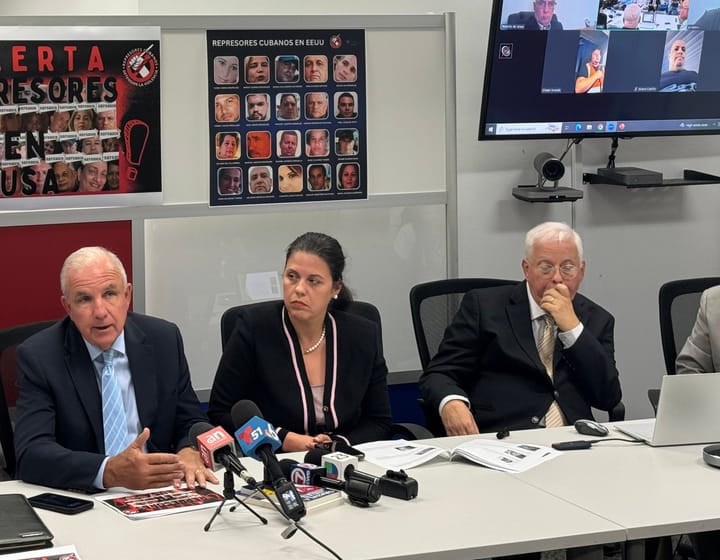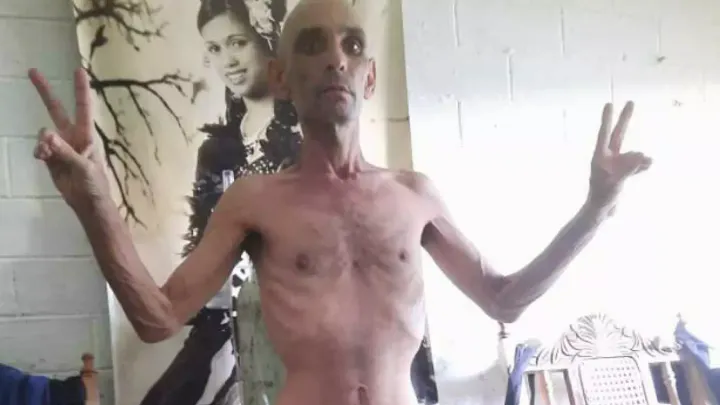Price hikes and the end of the universal 'ration book', measures to curb economic disaster in Cuba
Marrero announces coming up a new official exchange rate, tariffs on the import of food and medicines, and layoffs in the public sector.

The unsustainable economic situation on the Island has led the Government to establish a shock plan starting at the beginning of 2024. Among the main measures announced by the Island’s prime minister, Manuel Marrero, on the first day of the second regular session of the National Assembly, are the price increase of products and services and the end of the universal subsidy to the basic food basket.
Regarding the rationed market, Marrero argued that the goal is to shift to “subsidizing people and not products” to achieve “a fairer and more efficient scheme,” tacitly acknowledging the increase in social and economic inequalities.
“It is not fair that those who have a lot receive the same as those who have very little. Today we subsidize the same to a retired older adult as to the owner of large private businesses who has a lot of money,” he argued.
Thus, he continued, the Ministry of Labor and Social Security must identify people by their degree of “vulnerability,” to “leave no one behind,” who will be able to continue acquiring very subsidized basic products with the rationing card.
Marrero stressed that this classification will be carried out in “the coming weeks and months,” without further details.
Among these increases, the rise of 25% in the electricity tariff to 6% of the most energy-consuming residential sector stands out, or the move to charge tourists for fuel in currency.
The head of the Cuban government also assured that, given the situation, the State cannot continue with the “waste” in certain subsidies, such as water, electricity, liquefied gas, transport, and fuels.
Among these increases, the rise of 25% in the electricity tariff to 6% of the most energy-consuming residential sector stands out, or the move to charge tourists for fuel in currency. The cost of water supply will triple for those without metered service, and the price of the liquefied gas cylinder will increase by 25%.
Marrero also announced that “new fares” will be applied to passenger transportation services, but without detailing how much.
Another forecast not yet specified announced by the prime minister is the end of the exemption of tariff taxes for the import of food and medicines, which, for the moment, he clarified, will be extended.
Marrero also advanced that next year the Government will change the official exchange rate of the peso in respect to the dollar, for which a working group has been created with the Central Bank of Cuba.
Since 2021 the official exchange rate has been maintained at 24 pesos per dollar for legal entities and at 120 CUP for individuals. In the informal market, on the other hand, the dollar has soared to 273 pesos.
The prime minister also left the door open to a “review” of the number of people who are currently part of the state payroll.
Another product that will see its cost increased is tobacco, which, according to the prime minister, “in many cases is for resale.”
The prime minister also left the door open to a “review” of the number of people who are currently part of the state payroll, referring to possible cuts to reduce the wage bill.
In this regard, he pointed out that the authorities should “review the structures and staffing of the state” to ensure “efficient management” and anticipated that “there is a group that is studying a law of organization of the central administration of the State.”
This Monday, the Minister of Economy and First Deputy Minister, Alejandro Gil, had already warned of the debacle of the situation, specifying that the gross domestic product (GDP) of Cuba will contract between 1% and 2% this 2023, compared to the forecasted growth of 3% expected for the end of the year.
Inflation, for its part, is around 30%, and has its first victim in the “purchasing power” of the Cuban salary. Finally, the deficit will rise to around 15% of GDP, after the Executive acknowledged a diversion of 44% regarding what was budgeted.
Although in his intervention before the Economic Affairs Committee Gil listed a whole rosary of administrative calamities, he clarified that the disaster cannot be attributed to the management that the Cuban government has made of the crisis, but to the known “intensification of the blockade” by the US.




Comments ()